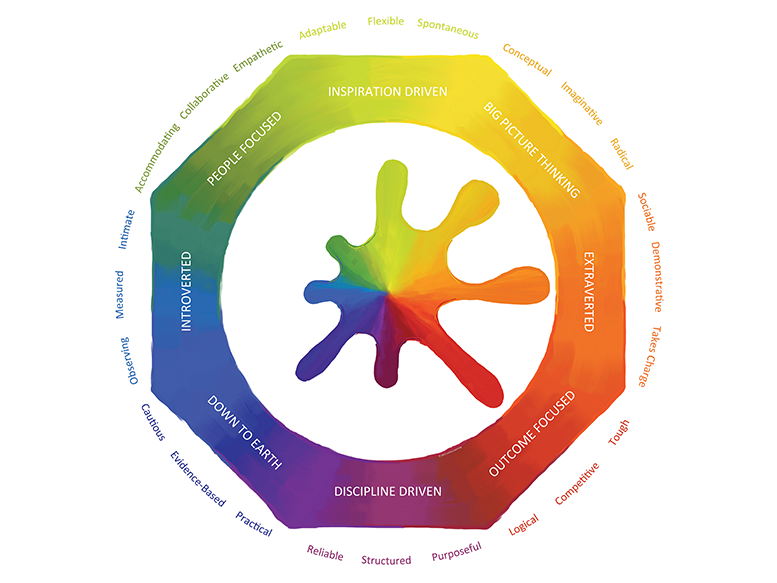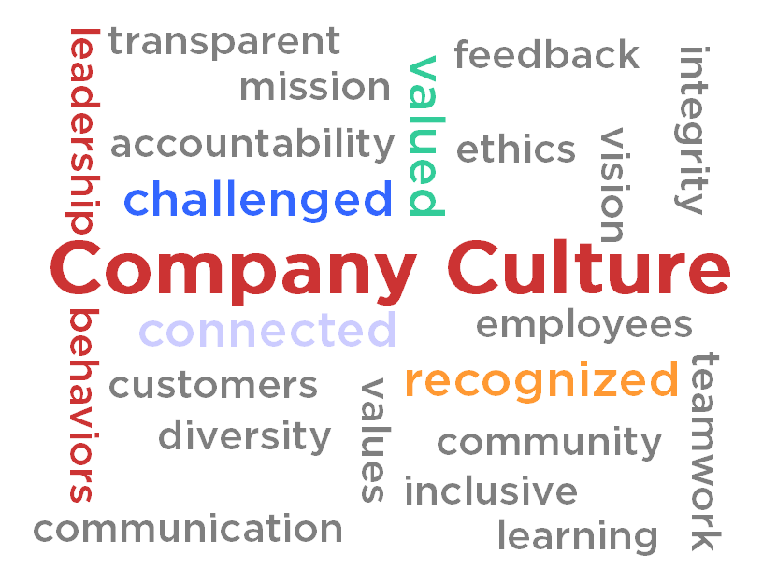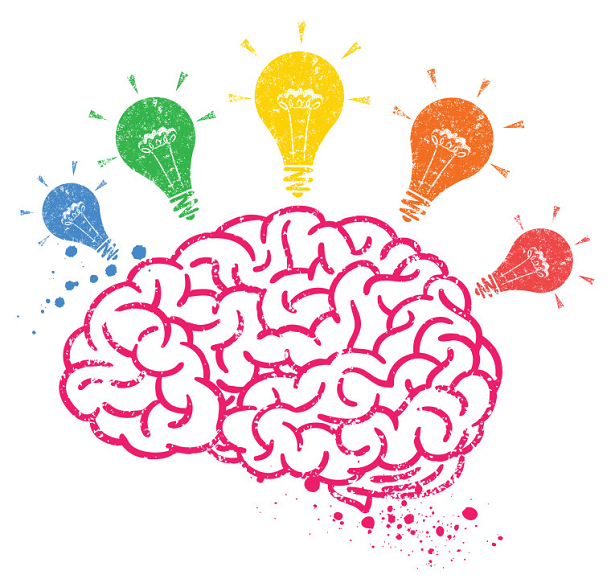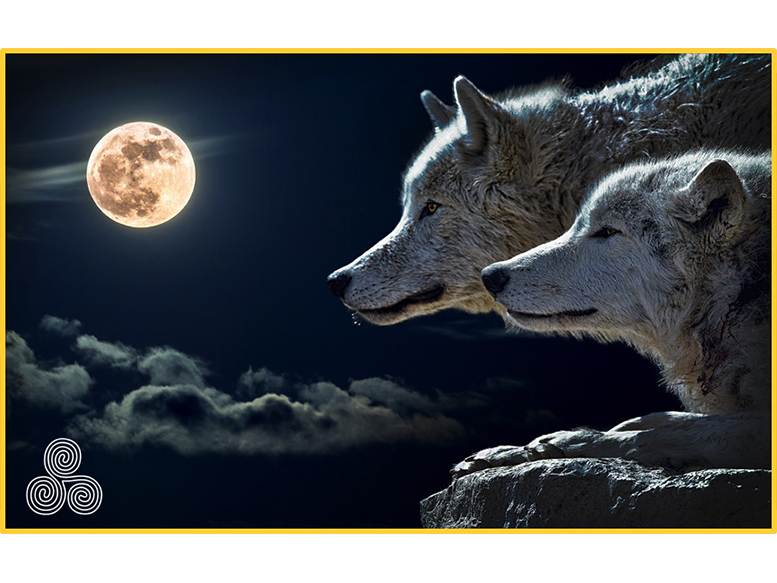As leaders, we know that to achieve team goals we need complementary skills and experience on our team. But have you ever led a team, or been on a team, that had all the skills and experience necessary to hit the target, but just couldn’t get there? Why is that?
Research indicates that while individuals’ functional roles (skills, experience) are important to the success of a team, their psychological roles (personalities) are equally if not more important.
According to a recent Harvard Business Review article, scientific evidence shows that an individual’s personality affects their role within the team, how they interact with the rest of the team, and whether their values align with the team’s values. These psychological factors determine how well people work together.
Now it might be tempting to think that this means we should build our teams with individuals of similar personalities. Like equals harmony, right? Wrong! In the true sense of the word, “harmony” is NOT about everyone singing the same note. It’s people singing different notes that creates harmony.
To put this in a team / personalities perspective, if everyone on the team is “people focused” and no one is “outcome focused” your meetings may be very congenial, but you’ll have a hard time achieving results. By creating a balance of personalities on the team – different ideas, strengths, approaches, views – you have a much better chance of success.
Consider this scenario.
Mike is about to meet for the first time with a temporary project team he’ll be heading up for the next several months. The members were assigned to him, so he had no input into their selection. He’s disappointed that he wasn’t asked to pull together a team from “his” people, who think just like him. Life would be so much easier. He hasn’t met any of the team yet, but he’s spoken with four of their managers and has made some notes.
Robert. Quick-thinking. Direct. Not afraid of conflict or challenging the status quo. Confident and decisive. Track record of meeting deadlines and staying within budget. Competitive. Task-focused.
Yolanda. Lots of ideas. Good at creating a vision and inspiring others to follow. Outgoing and friendly. Likes variety and flexibility. Tends to change topics quickly during discussions. Relationship-focused.
Gary. Quiet and reserved. Great listener. Works to ensure that everyone has the opportunity to be heard. Good at coordinating efforts and maintaining strong relationships. Strong focus on values.
Barb. Analytical and detail-oriented. Excellent at ensuring all bases are covered. Processes information by asking questions. Lots of questions. Takes a systematic approach to decision-making.
Mike wonders how he will ever be able to meld these diverse styles together to complete the project. He worries that Robert will compete with his leadership, and that Barbara will get too caught up in the details to get anything done. And how will Yolanda and Gary work with the other two?
Mike decides that the only way forward is to embrace the differences instead of fearing them. And a magical thing happens. Yes, there are some conflicts at the start – as there are on all teams – but those conflicts, and the different approaches, perspectives, talents, ideas, and strengths harmonize into a final product that is far superior to anything Mike in his monotone world had ever seen. Because…
Yolanda created a vision.
Robert kept them on track.
Gary ensured they were heard.
Barb let nothing fall through the cracks.
So how do you, as a leader, figure out whether your team has the right balance of people-focus, outcome-focus, creativity, discipline, etc.? Through a personality assessment. The one I use is Lumina Spark.
Want to learn more? Contact me at kcolligan@PeopleThink.biz.
Till next time,
Karen









